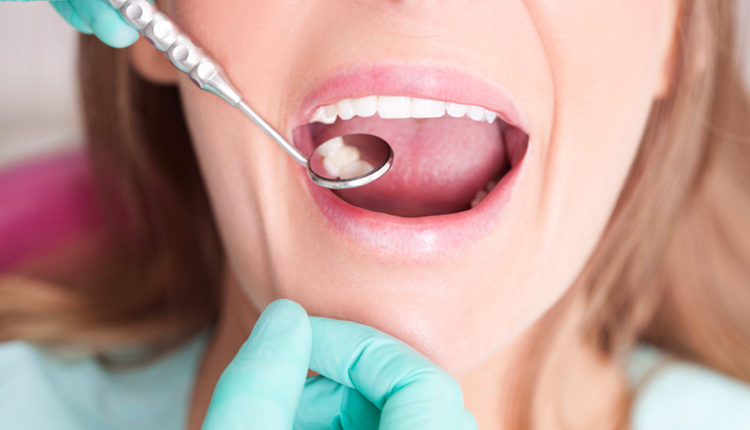
What Role Do Genes Play in Caries and Periodontitis?
Individuals may be predisposed to caries and periodontitis if they carry genes with connections to these oral diseases, according to a study published in Nature Communications.
Individuals may be predisposed to caries and periodontitis if they carry genes with connections to these oral diseases, according to a study published in Nature Communications. Findings from the research led by the Institute of Odontology at Umeå University in Sweden indicate hereditary traits and other factors could play a part in these conditions.
The meta-analysis study, “Genome-Wide Analysis of Dental Caries and Periodontitis Combining Clinical and Self-Reported Data,” consisted of analyzing combined data from nine international clinical studies and scanning millions of strategic points in the genome to identify genes with links to dental diseases. The study analyzed data from 523,000 subjects.
A team of international researchers used a method called a genome-wide association study to map the association between caries scores or periodontitis and genetic variation across the entire human genome. They identified 47 new genes with connections to caries. Among the genes potentially associated with caries are those that assist in forming teeth and the jawbone, as well as genes with protective function in saliva and those that affect bacteria found on teeth.
Corresponding author Simon Haworth, BDS, of the Bristol Dental School and Bristol Population Health Science Institute in the United Kingdom, explains that understanding the function of these genes may make it possible to learn more about the biology of caries. For example, clinicians know genetics play a role in caries risk, as do diet and environmental factors; however, more studies are required to establish a better understanding of genetics as a caries determinant to apply the knowledge in disease management.
Researchers also observed the relationship between dental diseases and health traits, such as obesity, by comparing the genetic determinants of caries and periodontitis with the genetic determinants of other health traits and diseases. They found an overlap with a range of traits. “This suggests that some of the associations between dental diseases and other diseases might be due to shared genetic and biological determinants of both traits, and not due to just shared environmental risk factors,” Haworth says
For more insight into whether dental diseases have causal effects on cardiometabolic traits, investigators employed Mendelian randomization and found a connection between caries and some cardiovascular-metabolic traits. In addition, the large study confirmed the previously known immune-related gene, SIGLEC5, is linked to periodontitis. This gene helps regulate the immune functions of monocytes, macrophages, and neutrophils; in addition, some bacteria can attach to the SIGLEC5 protein to modulate host response.
“At this time, these findings will be useful for understanding the basic biology of caries. In the future, it may be possible to use genetic data to predict who is at high risk of caries,” he notes. “No matter what genes people carry, good oral hygiene and diet are the most important things people can do to reduce the risk of dental caries and periodontal disease.”


[…] post What Role Do Genes Play in Caries and Periodontitis? appeared first on Dimensions of Dental […]